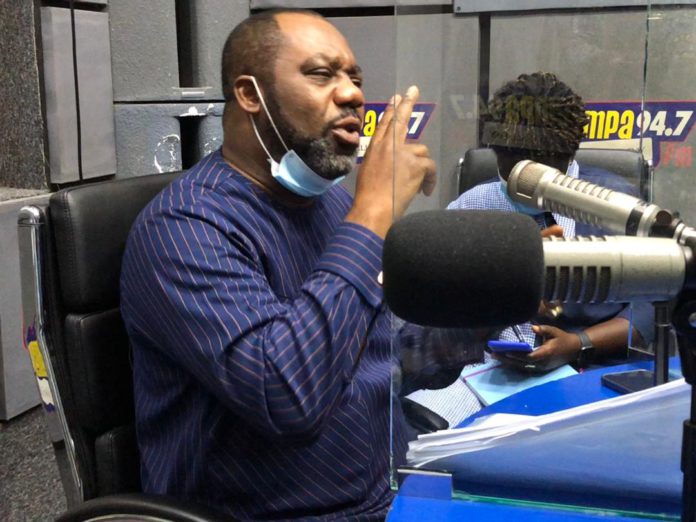The Minister of Energy, Dr Matthew Opoku-Prempeh, has said the ministry is working with the Ministry of Finance to suspend some levies that contribute to fuel prices.
This, he explained, is in order to cushion patrons against the ever-increasing price hikes.
He said that decision was necessary because the most important task of the ministry was to keep the lights on and manage fuel prices.
Dr Opoku-Prempeh gave the hint when a delegation from the Ghana Energy Awards (GEA) called on him to brief him on the upcoming 5th GEA, slated for Accra on November 19, this year.
He stressed that the ministry was set on ensuring that previous power crises remained things of the past.
Electricity network
He said Ghana had the most spatially distributed electricity network in Africa, with access rate around 86 per cent, adding that such a huge transmission network meant there were bound to be a lot of problems that the ministry was working to solve.
“We also don’t want to see ‘dumsor’ coming back,” he said, and admitted that although that was a battle, with the right investments the country would get very reliable electricity supply.
Delegation
The GEA delegation, led by Mr Kwame Jantuah, an energy consultant, who is Chairman of the GEA Awarding Panel, included Prof. Felix Asante, Pro Vice-Chancellor in charge of Research, Innovation and Development, University of Ghana; Dr Lawrence Tetteh, economist and renowned evangelist, who are panel members; Mr Henry Teinor, Chief Executive of the Energy Media Group, the event director; Nicholas Frimpong-Manso, MD of GP Business Consulting, co-organiser of the event, and Patricia Danful and Cornelius Atiase from the Awards Secretariat.
READ ON:
Another priority, the minister said, was how to monetise gas to facilitate the country’s preparation for the inevitable energy transition for industrialisation.
He said some industries that were key to the industrialisation agenda had collapsed because of the impact of fuel price hikes and named those industries as cement, bauxite, fertiliser and plastic.
Electricity meters
Meanwhile, he said, the ministry was also looking at shifting the provision of electricity meters to the private sector, saying: “There’s more need for meters than the government can acquire”.
The GEA aims to recognise players in the energy sector through awards and acknowledge their accomplishments in the public and the private sectors, as well as the non-governmental space.
According to the Awards Secretariat, the GEA had, since their institution in 2017, built a name and a brand within the sector that ensured continued interest from the sector itself.
Award categories for this year include the Energy Personality of the Year, CEO of the Year, Excellence in Digital Service Delivery, Energy Institution of the Year, Digitalisation Project of the Year, Energy Company of the Year, Rising Star, Energy Reporter of the Year, among other categories.
The upcoming awards are on the theme: ‘Digitalised Energy Sector: The Key For A Resilient Economic Future.’
According to Mr Jantuah, the influencing factor on the choice of theme was the realisation of the government’s intent to digitalise a lot of institutions.
“We felt that energy sector companies and institutions have made a lot of progress in digitalising their operations. So we felt it was the right time to reward those taking digitalisation seriously and encourage others in the sector to follow suit,” he said.
Mr Teinor disclosed that prior to the main awards ceremony, the secretariat embarked on varied pre-event activities, including the media launch, the Energy Personalities Outreach Programme, courtesy calls on industry, site visitation to nominees’ projects sites and participation in the Renewable Energy Fair and Exhibition.
He said nominations for the 5th GEA were officially opened until 20th October 2021, and that applicants could visit www.ghanaenergyawards.com to file nominations.
The GEA is organised by the Energy Media Group, in partnership with GP Business Consulting, and endorsed by the Ministry of Energy and the World Energy Council Ghana, with validation by Mazars Ghana.
Industry partners include the Volta River Authority, the Bui Power Authority, Ghana Gas, the Energy Commission, the Meinergy Technology, the Chamber of Bulk Oil Distributors, Sunon Asogli Power, COPEC Ghana and the Association of Oil Marketing Companies.

